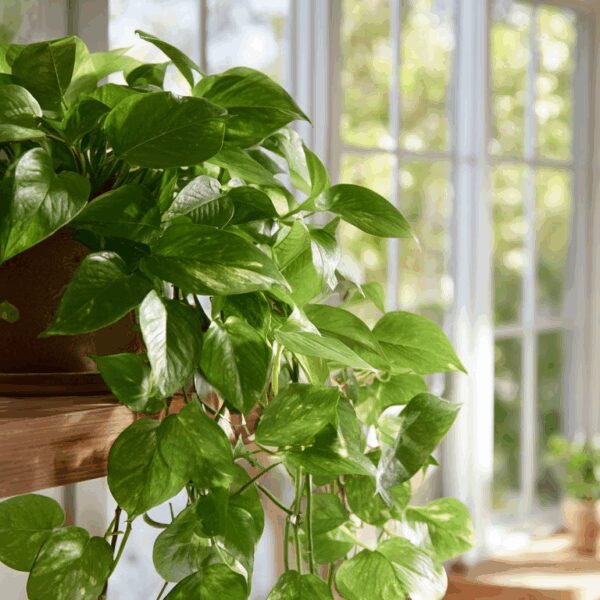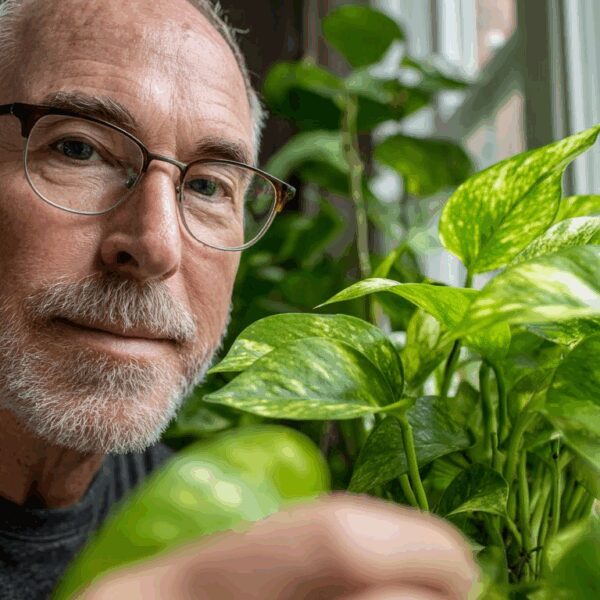In gardens and vegetable gardens, the use of coffee grounds as a natural fertilizer is widespread.
However, some plants do not tolerate this practice. Let’s find out together what they are and the reasons why it is better to avoid them.
Why did I decide to no longer use coffee grounds in my garden?
Every morning, my day starts with a good cup of coffee. Like many gardening enthusiasts, I have discovered the usefulness of coffee grounds as natural fertilizer.
However, after some research and personal experience, I realized that not all plants appreciate this treatment.
In this article, I will share the reasons why I stopped using coffee grounds in my garden and which plants should be avoided.
The secret to thriving hydrangeas without chemicals, what to add to the soil
How do coffee grounds affect the soil?
Coffee grounds are rich in nitrogen, potassium, phosphorus and magnesium, essential elements for plant growth. However, they are also acidic and can increase the acidity of the soil significantly.
This increase can be problematic for plants that prefer less acidic soil.
Before using coffee grounds, it is important to test the acidity of the soil and the levels of other nutrients, such as phosphorus and potassium, to ensure they are adequate for the needs of the plants in your garden.
The problem of water stagnation
Another problem with using coffee grounds is their ability to retain water. If applied directly to the plant, they can cause excess moisture, leading to possible yellowing and death of plants.
It is advisable to mix coffee grounds with compost rather than applying them directly to the soil.
Which vegetables do not tolerate coffee grounds?
Although some plants benefit from a acidic soilmany others prefer more alkaline soil.
Here is a list of vegetables that are best avoided when dealing with coffee grounds:
- Tomatoes
- Asparagus
- onions
- Shallots
- Chives
- Cauliflower
- Cabbage
- Broccoli
- Beet
- Rosemary
- Celery
- Salvia
- Origan
- Borage
Coffee grounds and tomato plants
Many gardeners believe that coffee grounds can accelerate the growth of tomato plants thanks to their nitrogen content.
However, it’s not that simple. Although the grounds can provide some nutrients, they are not sufficient as the sole fertilizer.
Additionally, if the soil is already acidic, adding additional acids can harm tomato plants.
It is essential not to rely solely on coffee grounds as a fertilizer for tomatoes and to consider the overall composition of the soil.







